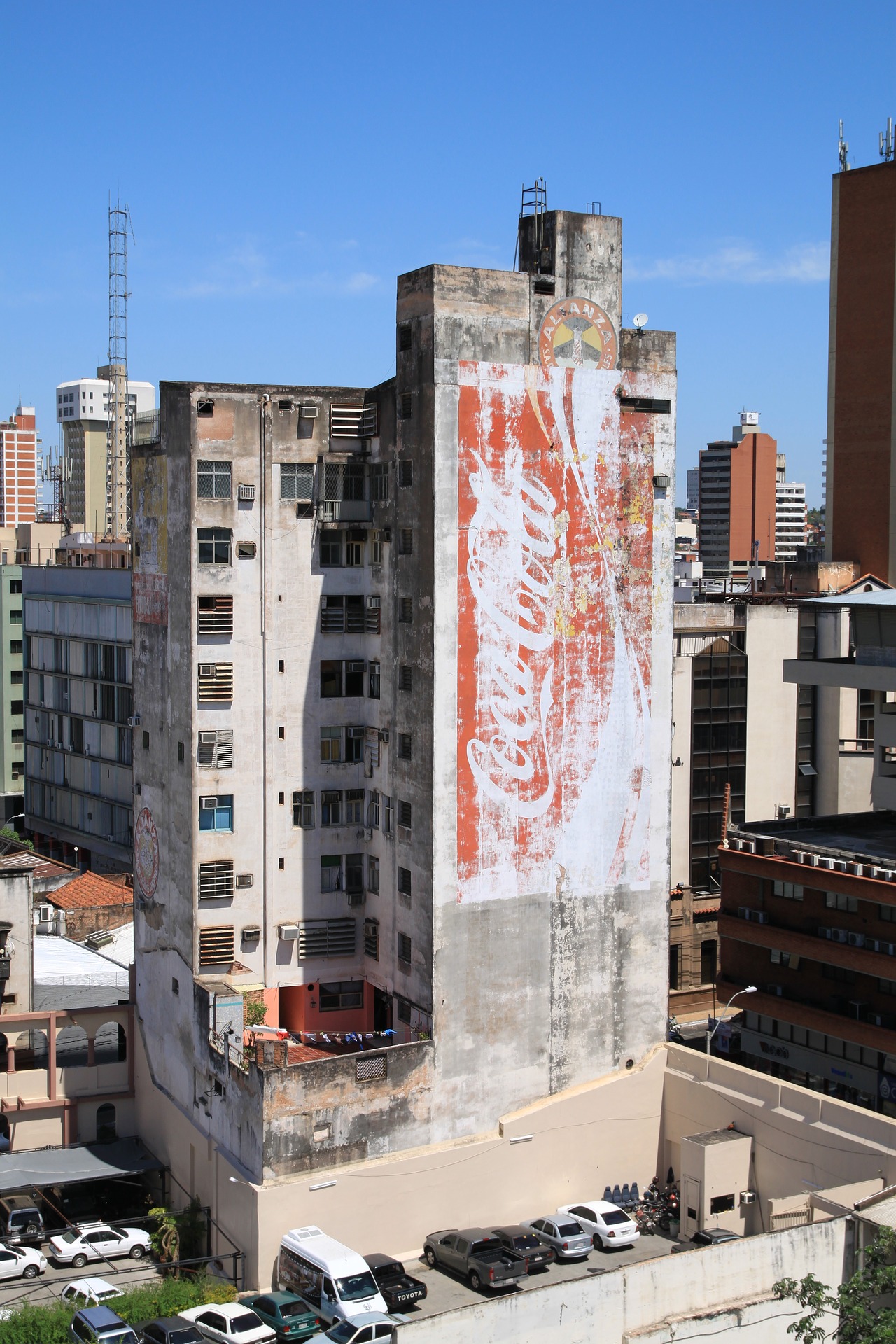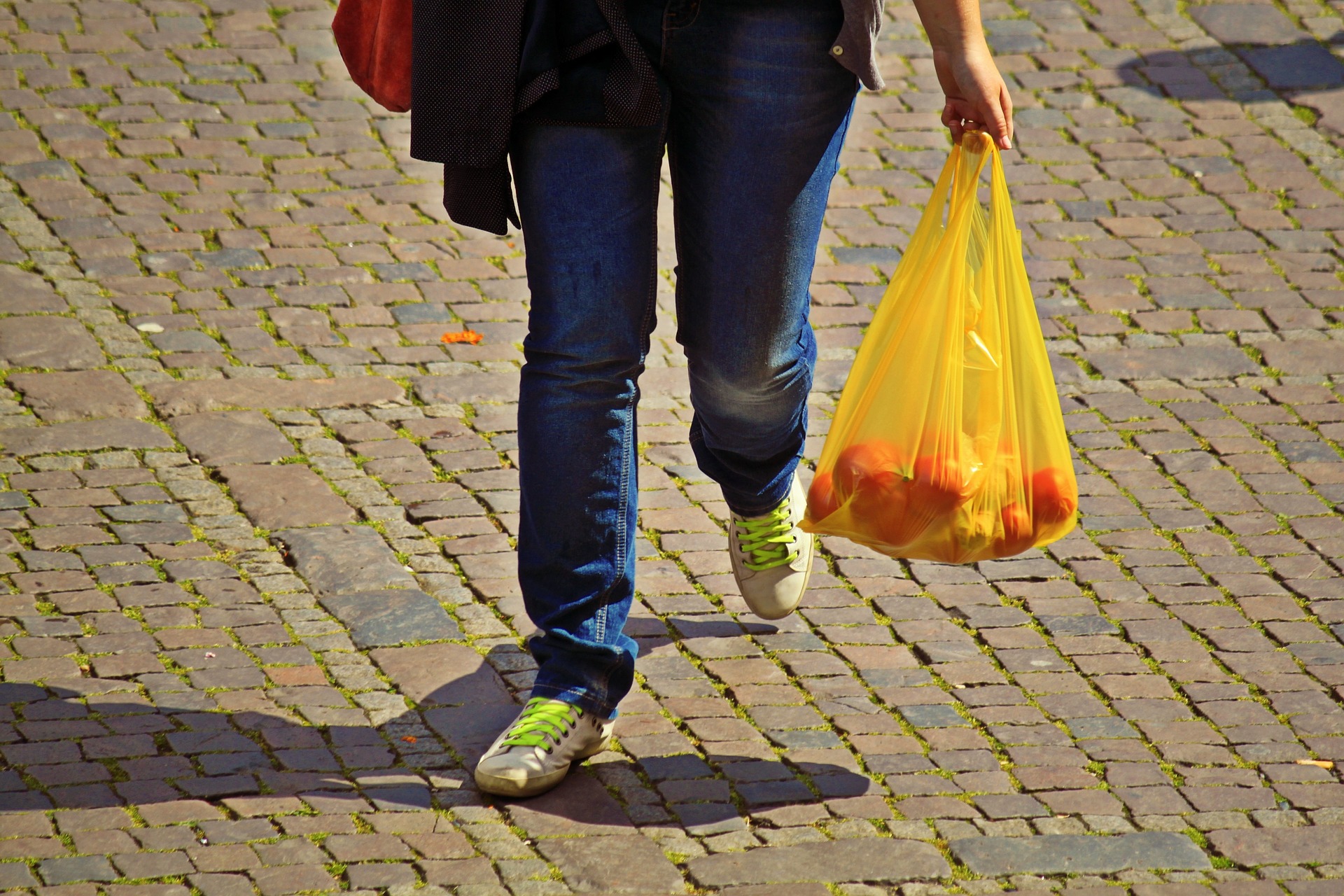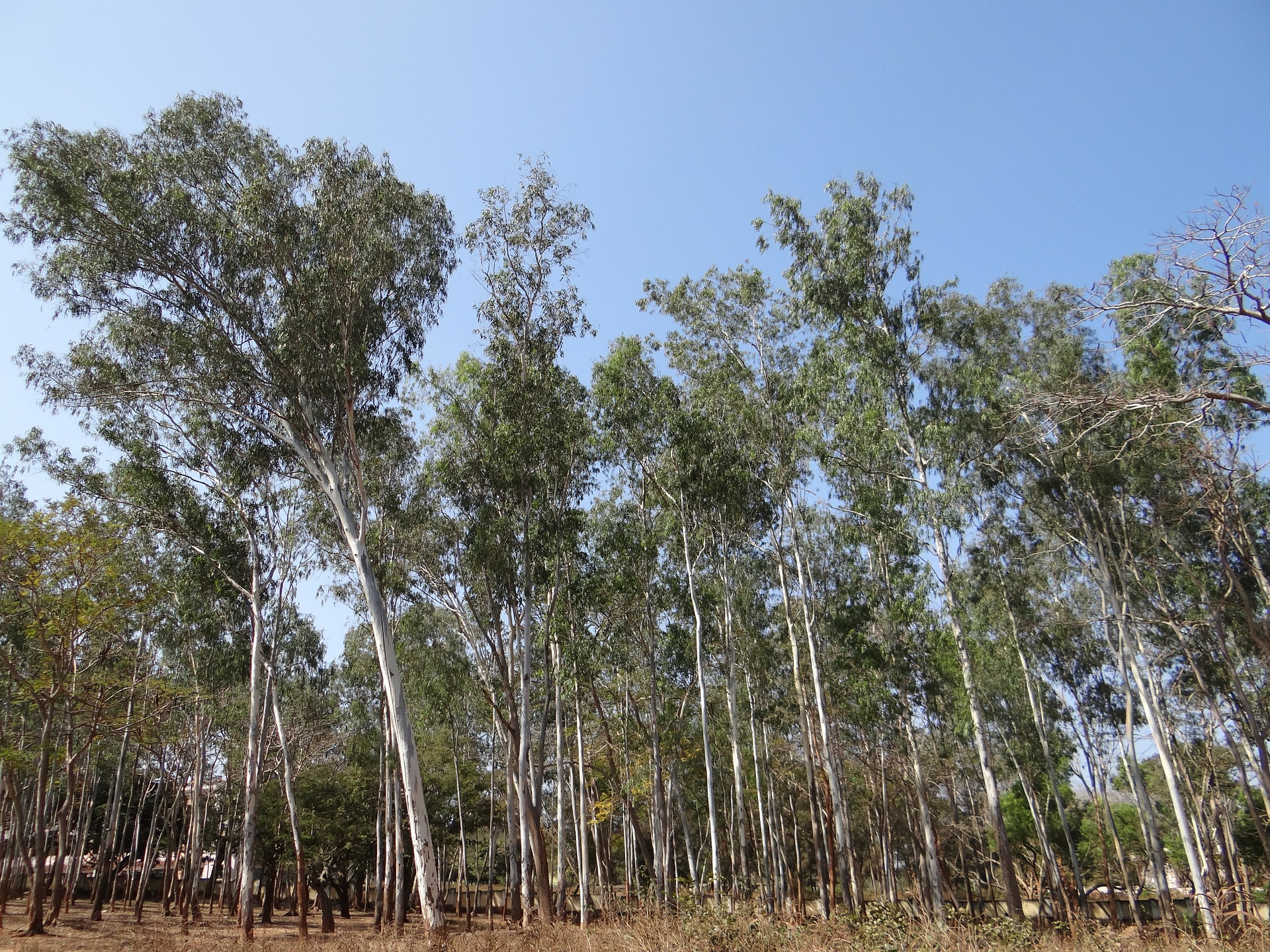by Betsy Herbert, Earth Matters
published in the Santa Cruz Sentinel 6/15/17
While traveling around the world during the past two years, I reported in this column about many disturbing environmental issues that I encountered. I had to find ways to keep myself amused during this sometimes depressing investigation of air and water pollution, deforestation, overfishing, sea level rise, ocean acidification, garbage dumps, poaching, erosion, and habitat destruction, etc.
Keeping lists turned out to be a simple and entertaining way to pass the time. I kept lists of people I met, foods I ate, wines and beers I drank. But the most interesting list I kept was what I called the “Ubiquitous List.” Things I entered on this list had seemingly nothing in common except that they kept popping up everywhere I traveled. As soon as I noticed something in one country that I had previously noticed in another, I’d add it to the list ... and I didn’t bother listing the most obvious things like people, buildings and cars.
At the end of my trip, the top four entries on my “Ubiquitous List” were: Bob Marley songs, Coca-Cola, plastic bags and eucalyptus trees. At first glance, these four things seem unrelated: A Jamaican singer-songwriter, a soft drink, a shopping bag, and a tall tree.
But I couldn’t let go of the question, “How do these things that I noticed everywhere in the world relate to each other and what, if anything, do they say about the world?” For starters, I looked at Wikipedia.
• Bob Marley, an internationally acclaimed singer-songwriter from Jamaica who died in 1981, wrote songs decrying oppression and reflecting an anti-imperialist theme. Songs like “Zimbabwe”, “Exodus”, “Survival” and “Redemption Song” advocate independence of African countries and peoples from European domination. Another song calls for an uprising against “Babylon.”
• Coca-Cola. The company reported in 2005 that it had sold its beverage products in more than 200 countries (although only some 195 countries are commonly recognized), with more than 1.5 billion of its beverages consumed daily. Coca-Cola, the world’s largest selling soft drink has virtually no food value. Sugar-laden sodas are an acknowledged contributor to obesity, diabetes, and heart disease. Many countries have taxed sugary sodas in an attempt to stem this growing public health problem.
• Plastic bags are produced worldwide at the staggering rate of 160,000 per second—5 trillion bags in this past year. They’re made out of fossil fuels and take centuries to degrade. Less than one percent are recycled. Much of this indigestible plastic ends up in the oceans where it is carried up the food chain as fragments are eaten by fish, turtles, seabirds, seals, and whales
• Eucalyptus trees, native to Australia, adapt and grow quickly in most tropical and temperate climates worldwide. The eucalyptus is today the most common plantation tree in the world — in North and South America, Australia, Africa, Asia and southern Europe. With so much native forest land being logged and cleared for cattle and cash-crops, plantation forests are replacing native forests at an accelerating rate. Because they degrade biodiversity and displace native trees, eucalyptus trees often bring controversy wherever in the world they are planted.
So, my “Ubiquitous List,” which I compiled for fun, provides some serious clues to the state of our world. Marley’s music calling for an to end oppression and the fall of “Babylon” clearly resonates in a world where sugar water is marketed for great profit while millions starve and one in ten people suffer from obesity; where plastic bags made of fossil fuels choke streams and poison oceans; and where exotic plantation forests are replacing native forest ecosystems and degrading biodiversity.
Clearly, the world is ready for fundamental change.
Betsy Herbert is a freelance writer who serves on the boards of Sempervirens Fund, Santa Cruz Mountains Bioregional Council, and the Center for Farmworker Families. You may contact her through her website at www.betsyherbert.com.




